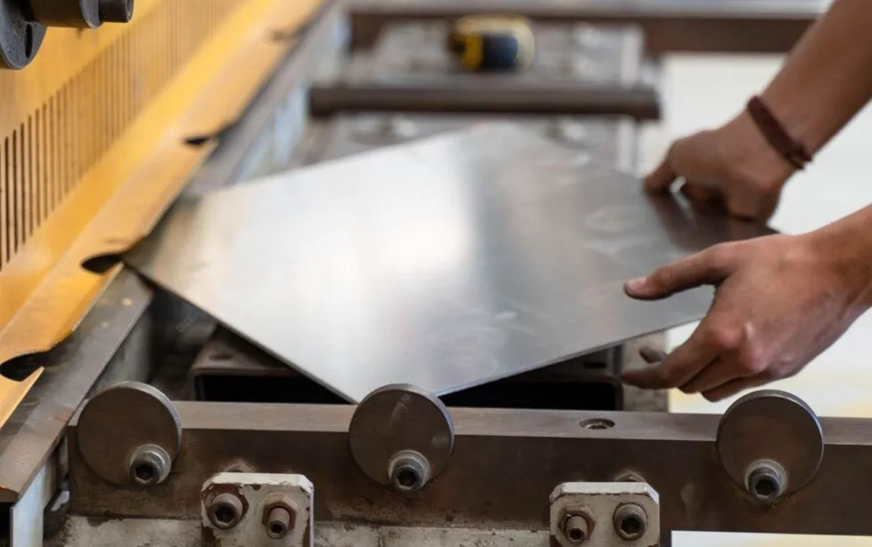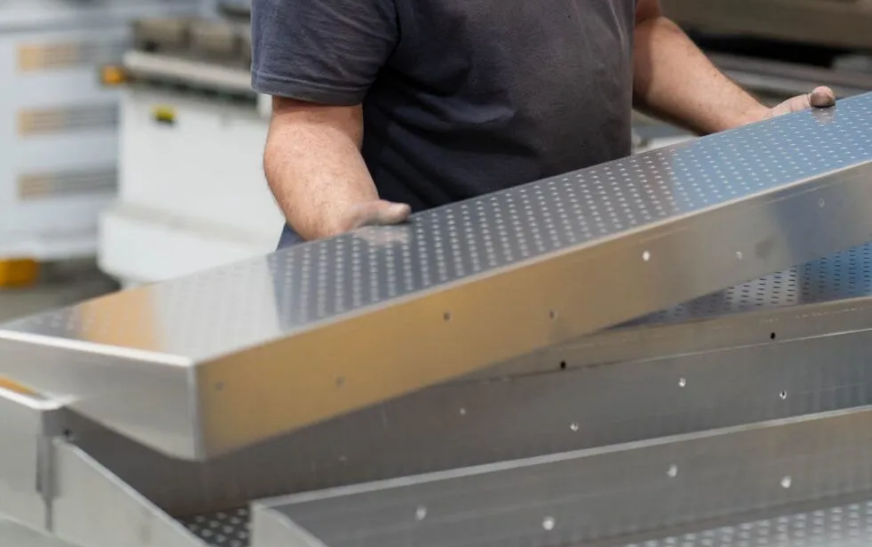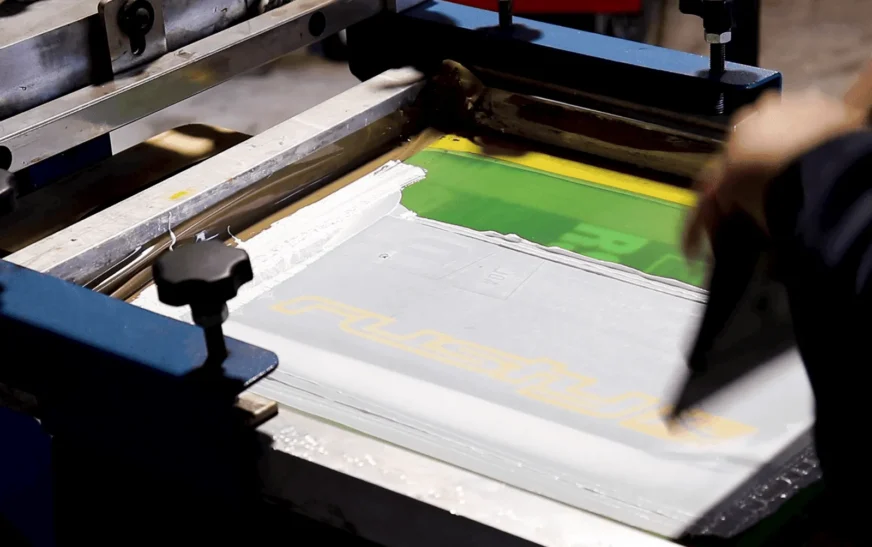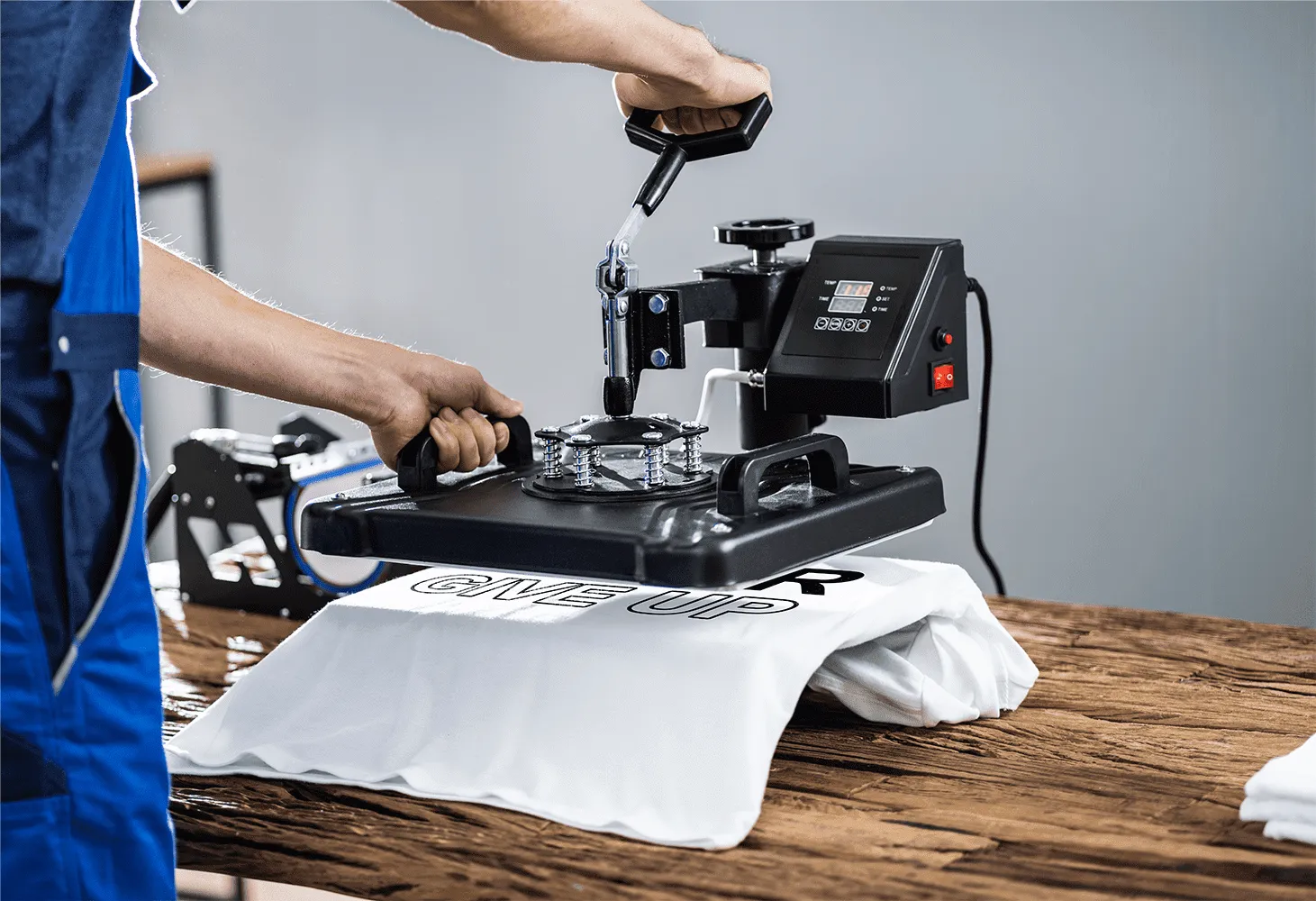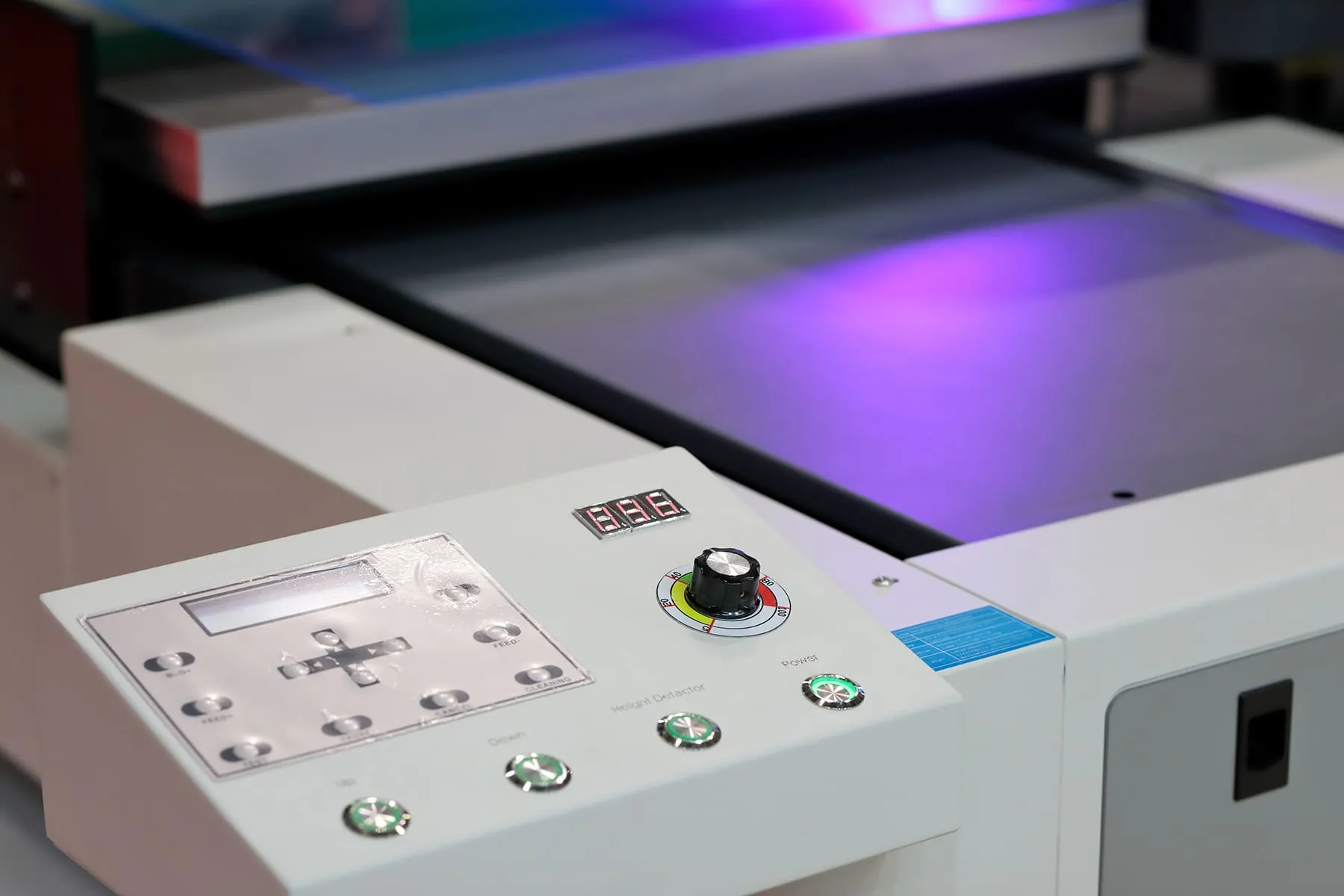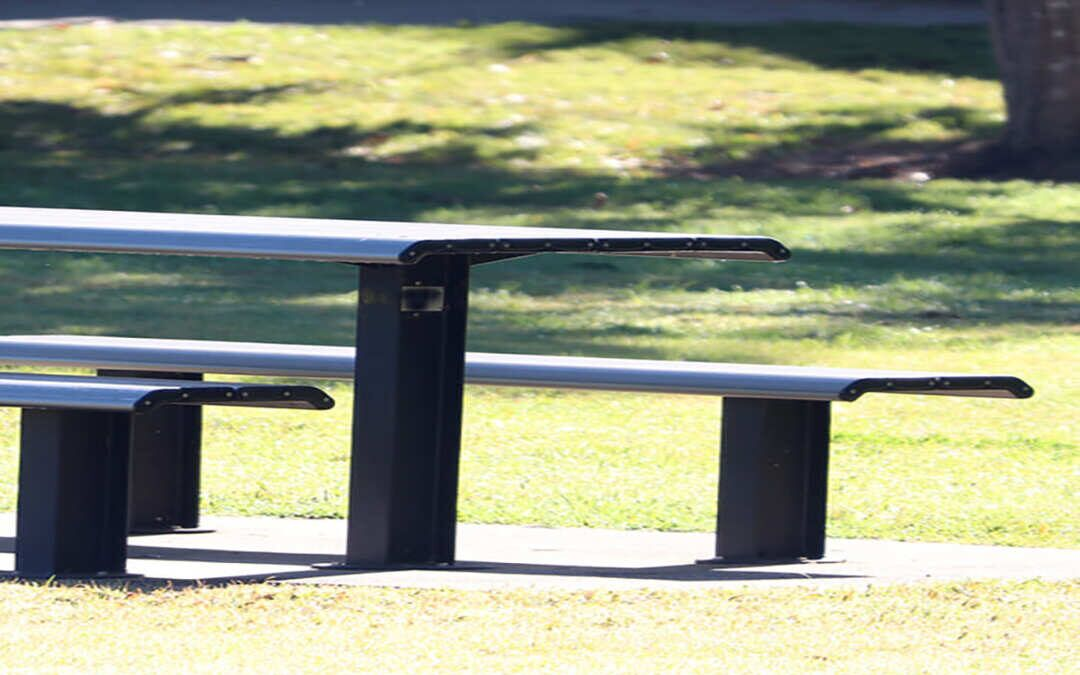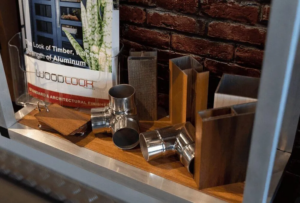Aluminium sheets are some of the most versatile materials in the world, widely used across various industries for their strength, durability, and lightweight properties. From construction and transportation to household appliances and packaging, the uses of aluminium sheets are vast.
The Basics: What Is Aluminium Sheet?
Aluminium sheet is a flat piece of aluminium that is rolled out to a specific thickness. The thickness of these sheets can range from a fraction of a millimetre to several centimetres, depending on the intended use. The thinner varieties are referred to as aluminium foil, while thicker versions are known as plates.
The flexibility of aluminium means that it can be cut, bent, and formed into nearly any shape, making it ideal for a wide range of applications. It is also highly resistant to corrosion, meaning it lasts longer in environments that might wear down other materials.
Aluminium Sheets in Construction
One of the most common uses for aluminium sheets is in construction. Architects and builders use them for roofing, wall panels, and cladding due to their lightweight yet sturdy nature. Aluminium’s natural resistance to rust makes it a long-lasting choice for both indoor and outdoor applications.
In Australia, where coastal regions are prone to high humidity and salty air, aluminium sheets provide an excellent solution. They won’t degrade as quickly as steel or other metals in these environments. This is why you often see aluminium used for exterior building elements, as it requires less maintenance and upkeep over time.
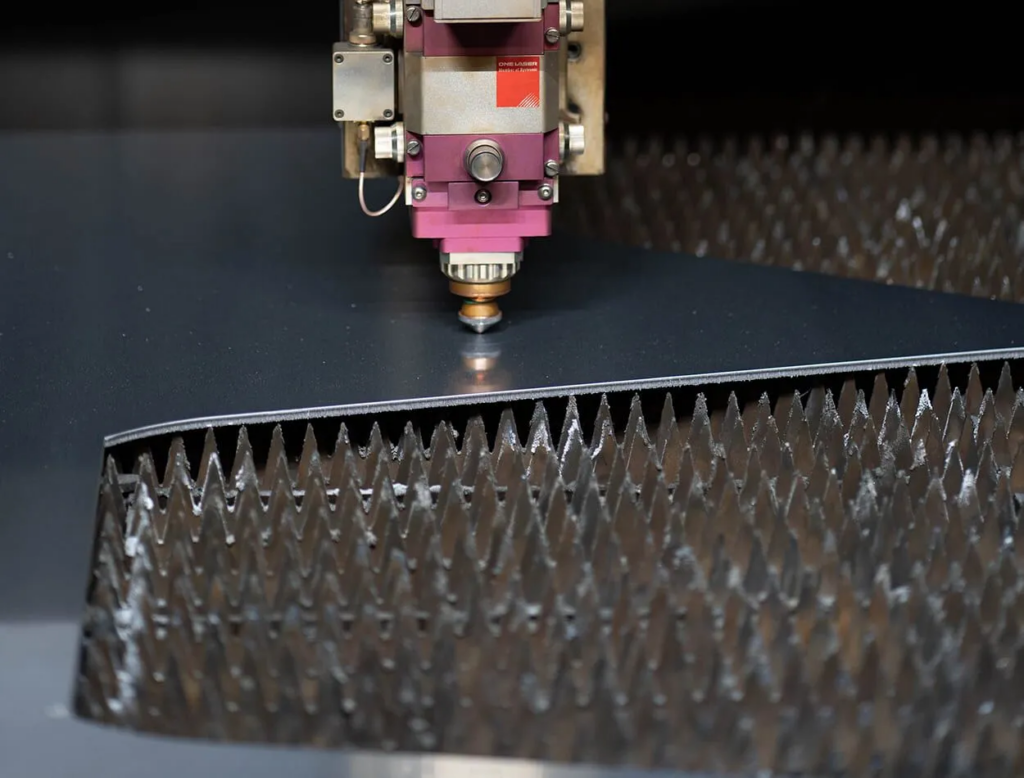
Transport Industry: Lightweight Yet Strong
Aluminium sheets are also heavily used in the transportation industry, including in the manufacturing of cars, trucks, and aeroplanes. The combination of being lightweight and strong makes aluminium the ideal material for reducing fuel consumption while still maintaining the integrity and safety of the vehicle.
For example, in the aviation industry, aluminium sheets are used in the construction of the fuselage and wings of aeroplanes. By reducing the weight of the aircraft, fuel efficiency is improved, which not only cuts costs but also reduces the environmental impact.
Packaging and Containers
Aluminium sheets are found in many household items, including packaging materials. Due to their non-toxic, recyclable, and corrosion-resistant properties, aluminium sheets are perfect for food and beverage packaging. Aluminium cans, for example, are made from thin aluminium sheets that can be easily moulded into the desired shape.
Another benefit of using aluminium in packaging is its ability to block light, oxygen, and moisture, preserving the freshness of food and drink. It’s also commonly used for pharmaceutical packaging, ensuring medicines are kept safe and protected.
Household Appliances and Furniture
You might not realise it, but aluminium sheets are all around you in the home. From kitchen appliances to outdoor furniture, aluminium’s lightness and resistance to rust make it a popular choice for manufacturers.
In Australia, where outdoor living is a significant part of the lifestyle, aluminium furniture is a durable option. Whether it’s patio tables or outdoor chairs, aluminium holds up well in the elements. Additionally, in the kitchen, you’ll find aluminium sheets in ovens, fridges, and dishwashers due to their ability to withstand heat and resist corrosion.
Marine Applications
Australia’s coastal environment and boating culture mean that aluminium sheets are widely used in marine applications. Aluminium’s corrosion resistance is especially important for boats and ships exposed to saltwater, where steel would quickly rust.
Marine-grade aluminium sheets are used for hulls, boat fittings, and other key components. They provide a lightweight and long-lasting solution, ensuring vessels remain in good condition for longer, with minimal maintenance.

Benefits of Using Aluminium Sheets
The use of aluminium sheets in various industries isn’t just widespread because of tradition. They offer many clear benefits over other materials, which include:
- Lightweight: Aluminium is significantly lighter than other metals like steel, making it easier to transport and handle, especially in large applications such as construction or aviation.
- Corrosion Resistance: Thanks to its oxide layer, aluminium resists corrosion much better than other metals. This makes it ideal for use in outdoor applications and in environments prone to moisture or salt exposure.
- Strength: Despite being lightweight, aluminium is also very strong and can withstand a great deal of force, making it a reliable option for structural applications.
- Recyclability: Aluminium can be recycled without losing any of its original properties, which makes it an eco-friendly choice in today’s environmentally conscious world. This is especially important as industries push toward sustainability.
- Thermal Conductivity: Aluminium is a good conductor of heat, which is why it’s used in heating and cooling systems, as well as for cooking equipment like pots and pans.
Conclusion: Aluminium Sheets in Every Aspect of Life
The use of aluminium sheets extends into many areas of our everyday lives, from the cars we drive and the homes we live in to the cans of food we buy. Its strength, light weight, resistance to corrosion, and recyclability make it a highly practical and sustainable choice.
Whether you’re in construction, manufacturing, or just curious about the materials around you, it’s clear that aluminium sheets play a critical role across many industries. Their versatility ensures that they will continue to be a key material for years to come.

